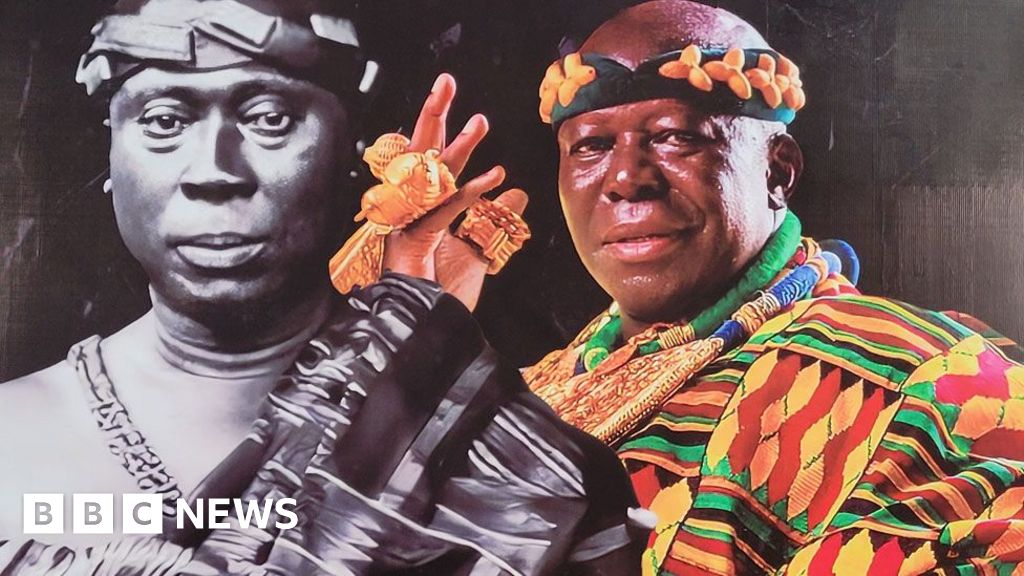The long years of exile changed Prempeh. He learnt to read and write, and urged the Asante children to attend school.
He embraced Christianity, and, in the words of Asante historian and politician Albert Adu Boahen, “rigidly and uncompromisingly imposed that religion on his fellow political prisoners and their children”.
In the Anglican Church of St Paul’s, the Asante were not the only exiles in the congregation, for they often sat with King Mwanga of Buganda and King Kabalega of Bunyoro, both from modern-day Uganda.
Indeed, at various times, the British also sent political prisoners from Egypt, Palestine, Zanzibar, the Maldives, Malaysia and Cyprus to Seychelles, which was known as a “prison without bars”, as its isolation made the perfect location, from the British point of view, to put troublesome opponents.
The years went by, and Prempeh dreamt of home.
In 1918, he wrote to King George V and pleaded to be allowed to return.
“Consider how wretched I am for I was being taken prisoner… for now 22 years, and now how miserable to see that father, mother, brother and nearly three quarters of the chiefs are dead. The remaining quarter, some are blind, some worn out with old age and the rest being attacked of diverse diseases,” Prempeh wrote.
A few years later, the British, perhaps aware that Prempeh’s potential death in exile could bring political problems in Asante, finally relented.
In November 1924 Prempeh travelled by ship back to West Africa with some 50 Asante companions, most of whom had been born in Seychelles.
“We who do not know him are more than anxious to see his face,” wrote a prominent local newspaper, The Gold Coast Leader.
In Kumasi, many slept by the train station to greet him and, according to a British official, “the scene presented by the huge assembly…. with their white head bands signifying rejoicing or victory, some laughing and cheering, while others wept with emotion, was a most moving and never-to-be-forgotten sight”.
In theory “Mr Edward Prempeh” was now a private citizen, but his people treated him as a king, and presented him with royal regalia, including the Golden Stool, said to contain the soul of the Asante nation.
(Except for the headline, this story has not been edited by PostX News and is published from a syndicated feed.)

